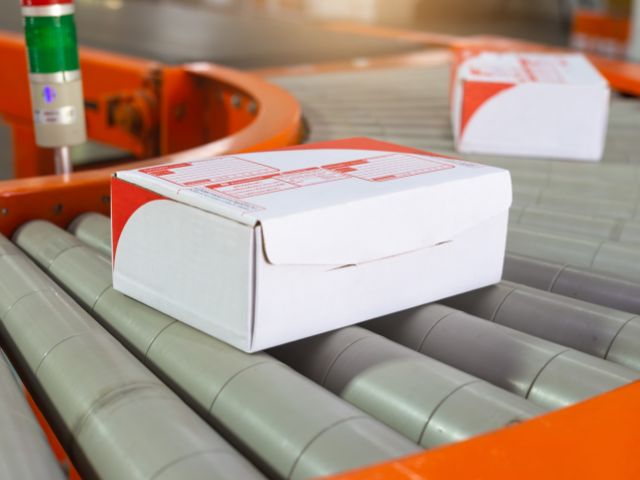Updated: Mar 20, 2024, 2:57 PM | By StateNewsJournal

Ensuring stringent adherence to waste management regulations is crucial for various industries—from environmental stewardship and avoiding fines to enhancing public perception, and boosting overall efficiency. Waste management compliance is a maze—one that environmental managers and waste professionals must confidently explore. Below, we discuss how to improve waste management compliance.
Various industries rely on conveyor belts for success and have an especially weighty role in waste management compliance. For them, ensuring every component is within the eco-friendly parameters isn’t just a matter of meeting specifications but often dictates the feasibility and freedom of their business operations. From understanding the nuances of hazardous waste disposal to consistently meeting emission standards, conveyor-dependent sectors must thread the fine line of compliance daily.
Waste management is not a one-size-fits-all endeavor, and compliance takes this complexity to another level. Different industries are subject to diverse regulations, from global treaties like the Basel Convention to regional policies such as the EU Waste Framework Directive. Understanding the labyrinthine network of these laws requires diligence and a comprehensive approach to risk assessment and management that is overwhelming without a clear strategy.
Many challenges lurk within the waste management compliance domain, and several common pitfalls often result in non-compliance. Issues such as misunderstanding the scope of spatial directives, failing to incorporate changes in recycling legislation, or inadequately identifying hazardous waste streams can lead to legal trouble. However, these pitfalls are also windows of opportunity for education, training, and innovative solutions that can lead to substantial improvements.
Improving waste management compliance is a process that demands structured approaches. Implementing comprehensive training programs to keep staff updated with regulations, integrating sophisticated technology for real-time monitoring, and fostering a culture of sustainability within the workplace are indispensable steps. These strategies form a solid foundation for proactively addressing compliance concerns and mitigating risks before they escalate.
The path to steadfast waste management compliance isn’t independent. Collaboration with regulators, peers, and environmental associations can yield crucial support and knowledge sharing. Keeping abreast of the latest developments in waste regulations, technology, and best practices is pivotal. By paving the way with sound strategies and a commitment to constant improvement, businesses can transcend the labyrinth and set new standards of compliance excellence.
This is the landscape of the modern industrial sector, where waste is not just a byproduct but a crucial success metric. Navigating this terrain requires technical acumen and resilient adaptability to environmental regulations’ dynamic and evolving landscape. With these approaches in hand, compliance will cease to be a maze of hurdles and, instead, a roadmap to lasting success.
24World Media does not take any responsibility of the information you see on this page. The content this page contains is from independent third-party content provider. If you have any concerns regarding the content, please free to write us here: contact@24worldmedia.com


Industries Currently Relying on ....

5 Essential Tips on How To Hurri....

Mistakes To Avoid When You’re ....

The 5 Pieces of PPE Every Constr....

Lake Fishing: Tips and Tricks fo....

The Process Behind Custom Soleno....

Tips for Maintaining an Indoor P....

How To Know if Your Industrial F....